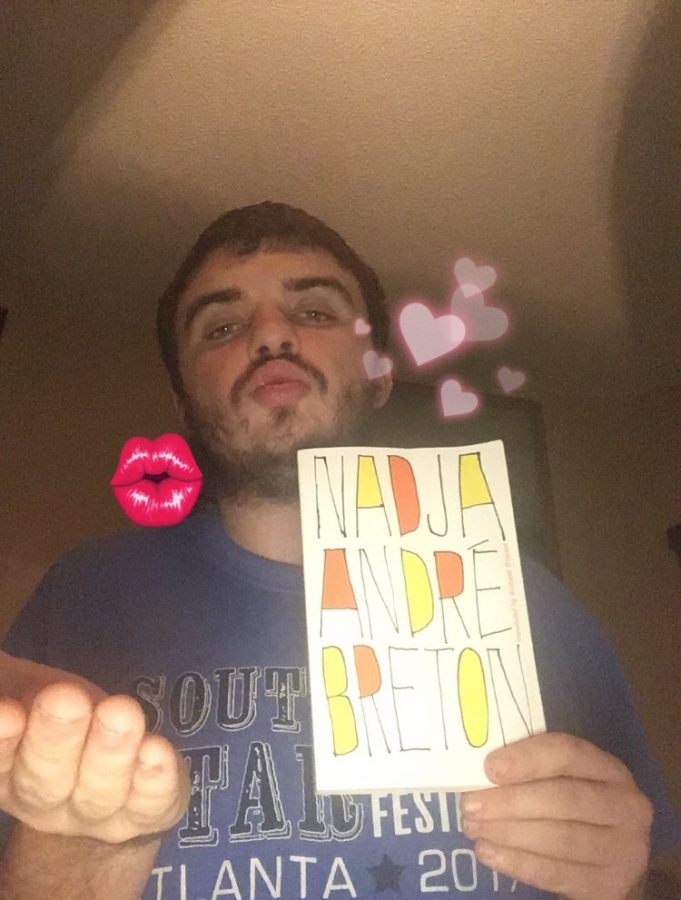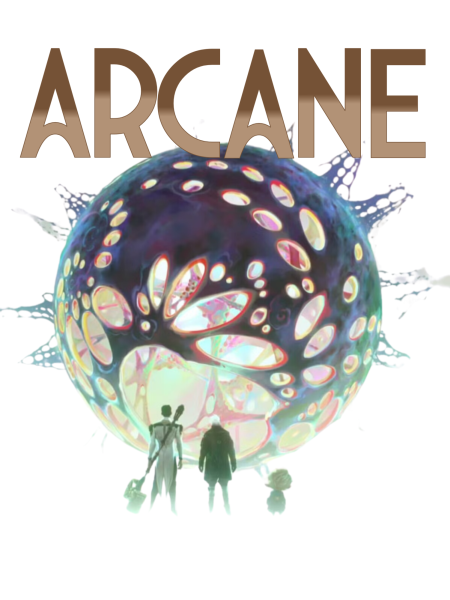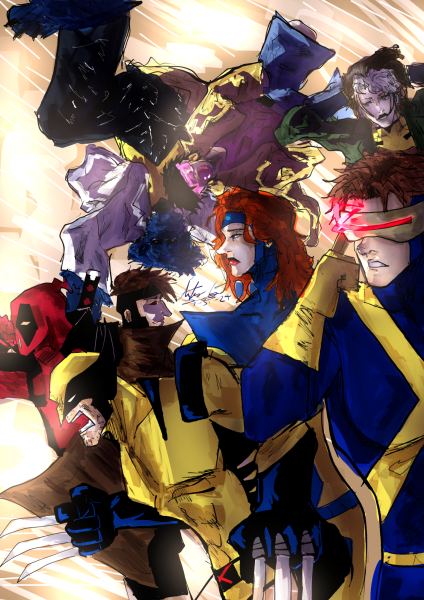Book Review: André Breton’s ‘Nadja’
Photo Illustration by Jake Lankford and Sherrice Wright
For your Valentine’s Day, Jake Lankford recommends “Nadja.”
What can one say about André Breton? He was childish, arrogant, egotistical, incredibly controlling – but he was certainly talented at poetic and surrealist writing – and his 1928 surrealist romance “Nadja” is proof of this.
Though “Nadja” is a romance, it is an incredibly unconventional one. For starters, the titular Nadja isn’t even introduced until page 60.
During these first 60 pages, André, the narrator, ruminates and philosophizes on a number of ideas while wandering Paris. He interacts with his fellow surrealists like Robert Desnos and Max Ernst, he attends the theater, and just meanders around Paris. After these first 60 pages, André runs into Nadja. He notices her and she notices him, they strike up a conversation and after this, they begin a 10-day long relationship that is incredibly awkward. They rarely talk about other subjects than just art and surrealism.
André finds his image of Nadja being wrecked when she gradually reveals more and more of her past, and it ends with both André breaking off their relationship and with Nadja being committed to a mental asylum after showing her eccentricities in a hotel. The story doesn’t end there, though, André simply shifts from being in love with Nadja herself into being in love with her absence and the mystique she put off at first while also continuing the ruminating and philosophizing from the first 60 pages of the book.
Accompanying this surreal romance are 44 unique photographs depicting the places where André and Nadja spend their time, the people who André either talks about or talks to, various objects that stand out to him, and the bizarre drawings Nadja gifts him. The photographs, though incredibly low-quality, actually add something to the novel, a sense of realism, which is exactly what a good, strong romance needs. “Nadja,” though it is surrealist, is one of the most accurate depictions of a first romance – surreal, awkward and mystifying.
André finds Nadja’s mystique shattering the more she reveals about her past, their relationship is awkward like a high school romance, and yet all of this is incredibly relatable. Almost all of us have a played-up, grandiose image of the person we’re crushing on, only to find it’s not entirely accurate when or if we do get into that relationship. The mystique shatters, it becomes awkward, just like “Nadja.”
Though “Nadja” does get the awkward romance down to a T, it fails in another department, the philosophizing. I found myself skimming and binging passages for this very reason. Breton is an incredibly talented writer, but he goes on these tangents that go on for pages at a time and it eventually becomes a chore to get through because it distracts from the main story. What’s really disappointing is that Breton actually touches up on some incredibly interesting subjects, like the treatment of the mentally ill, beauty, surrealism, and other writers.
Remember those first 60 pages? Those were the absolute worst when it came to the philosophizing and Breton actually continues doing this during the main story, even though the book’s supposed to be about Nadja. However, Breton is able to make one think while reading these passages. It’s just that they go on for much longer than they really should. Other than that problem, though, “Nadja” is an incredible love story that deserves more attention than it has.
In short, “Nadja” is the perfect read for Valentine’s Day because it chooses to subvert every last thing about romance. It’s not a glittering, mass-market romance novel you find tucked away in the back of a bookstore. It’s something else entirely. “Nadja” is accurate with its depictions of romance. It will make you think about your own romances, and it will make you think about life in general.
Happy early Valentine’s Day!

Morgan "Jake" Lankford
Staff/Reporter, The Pony Express.
Morgan "Jake" Lankford was a staff reporter for The Pony Express.





